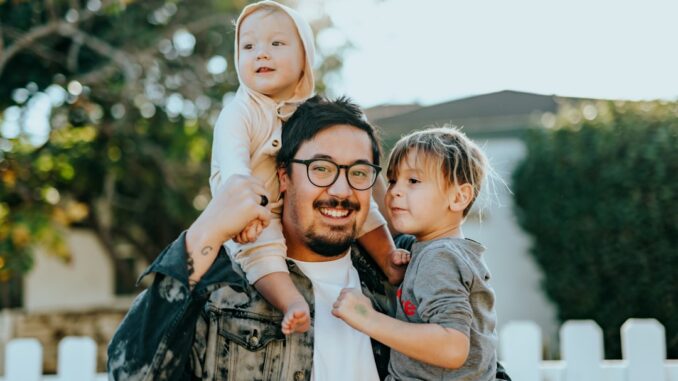
Summary
This article provides a guide for families recovering from addiction, focusing on rebuilding trust and connection through shared experiences. It emphasizes open communication, setting healthy boundaries, and seeking professional guidance. By working together and prioritizing healing, families can create a stronger, more supportive environment.
** Main Story**
Rebuilding family ties after addiction… it’s tough, I won’t lie. But it’s also incredibly rewarding. You just need to commit, have patience, and be ready to work together to heal and rebuild trust. It’s not always easy, trust me, but definitely worth it. So, let’s break down how you can navigate this process and build a stronger, healthier family dynamic.
Step 1: Open Communication: The Foundation
First things first, honest and open communication is absolutely vital. Without it, trust just can’t be rebuilt. You need to create a safe space – a real, judgment-free zone – where everyone feels comfortable sharing their feelings and experiences. Listen actively, validate emotions, and show empathy. It’s easier said than done, I know.
Think about family meetings; they can be a surprisingly effective way to structure these conversations. For example, set aside dedicated times for each person to share without interruptions. Everyone gets a chance to speak their mind, it helps.
Step 2: Setting Boundaries: Protecting Everyone
Speaking of difficult, establishing healthy boundaries is essential, too. This is about protecting individual well-being and stopping codependent behaviors before they start. Clearly define what’s acceptable and what the consequences are for crossing those lines. That provides structure and a sense of safety and respect, you know?
Discuss these boundaries openly. Transparency creates shared understanding and helps everyone support each other in sticking to them.
Step 3: Professional Guidance: When You Need Backup
Don’t be afraid to seek professional guidance. Therapists or counselors specializing in addiction and family dynamics? They can be invaluable. Therapy offers a neutral space to tackle underlying issues, develop coping mechanisms, and learn healthier ways to communicate. It can also help family members understand addiction itself and its impact on relationships, and that’s huge.
Look at different therapy formats, like individual, family, and even group sessions. Each offers unique benefits and caters to different needs. A comprehensive approach, that’s what you want.
Step 4: Shared Experiences: Making New Memories
Engaging in shared experiences can create positive memories and really strengthen those family bonds. Choose activities that everyone enjoys, activities that promote connection and communication. I remember, growing up, my family had a cabin, it wasn’t fancy but the time we spent there helped us connect.
Think about family meals, game nights, outdoor adventures, or even creative projects. Prioritize quality time and focus on building positive interactions. You could even incorporate mindfulness practices, like family meditation or gratitude exercises, to enhance emotional connection. Trust me, it works.
Step 5: Celebrating Wins: Big and Small
Acknowledge and celebrate milestones in recovery, both big and small. This reinforces positive behavior and strengthens commitment to healing. Celebrations can be simple—a special meal or an outing—or more elaborate, like a family vacation. The key is to focus on recognizing the effort and progress made by each family member.
Incorporating personalized acknowledgments, like expressing gratitude for specific actions or behaviors, can really amplify the impact of these celebrations. It’s all about showing you see them, you appreciate them, and you’re proud of them.
Step 6: Ongoing Support: Keeping the Momentum Going
Recovery is an ongoing process. Continued support is essential, no question. Regularly check in with each other, offer encouragement, and reinforce healthy behaviors. You should also attend support groups for families affected by addiction. Connecting with others facing similar challenges and learning new coping strategies can be a real game-changer. I found that it makes you feel less alone, less like the only family going through something like this.
Encourage individual self-care practices – things like exercise, healthy eating, and mindfulness – to maintain overall well-being and resilience within the family unit. It all works together.
By following these steps and working together, families can navigate the challenges of addiction and create a stronger, more supportive environment. Yes, it’s a journey that requires patience, understanding, and commitment. But the rewards of healing and reconnection? They’re absolutely immeasurable, aren’t they?


Be the first to comment